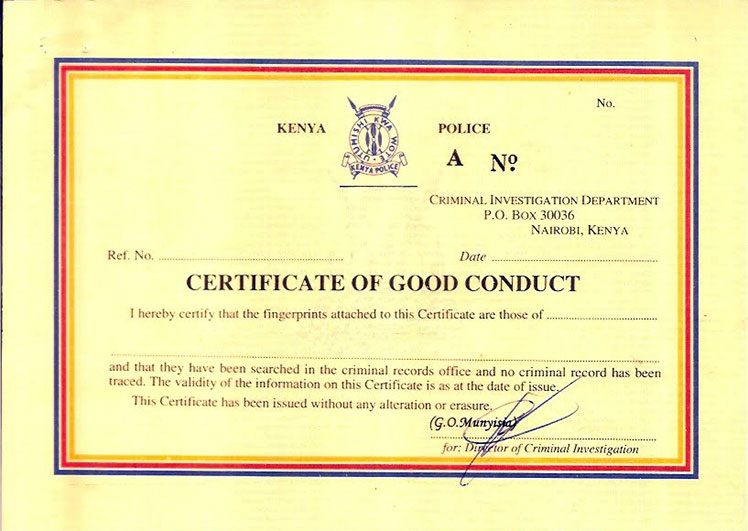We live in a multicultural country. There are tens of indigenous languages spoken in Kenya and everyone should be conversant in at least two languages. English and Kiswahili are the lingua franca in Kenya but it won't hurt for your child(ren) to learn an indigenous language.
In Kenya, African indigenous languages are considered as mother tongues. Due to urbanization and intermarriages (and I'm not saying this is a bad thing), many Kenyan kids can only converse in either English or Kiswahili and the mother tongues are getting lost.
It's advantageous to be multilingual and learning how to speak the mother tongue helps the next generation preserve their culture and heritage.
Here are 5 Ways to Help Kids Speak their Mother Tongue
Early and consistent exposure - Since the mother tongue is the first language of your child (ideally), the easiest way to get him started on his learning is by freely speaking your native language around him at home.
Cultural folk tales - Narrating cultural folk tales and mythological stories in your mother tongue not only develops your child's oral and vocabulary skills, but also inculcates cultural values in them. Traditionally, this role was taken by the grandparents. However, with the increasing number of nuclear households, parents need to make an effort to fill this gap in their child's life by telling them stories.
Reading material - Providing children access to reading material in their mother tongue is also essential for developing their reading and writing skills. It is important that your child has access to this material even when he isn't being actively taught reading and writing. Mere visual exposure to the print language helps him form an intuitive relationship between the spoken and written language. A variety of children's magazines, comics and storybooks can be used for this purpose.
Audio-visual content - Watching TV serials or cartoons in your native language and exposing your child to music in your mother tongue not only builds her vocabulary but also gives her an idea of the ways in which different messages can be conveyed using one language like voice modulation, tonality and pronunciation. It is, however, necessary for you to monitor the audio-visual content you are exposing him to. The audio-visual content must thus be simple and give him an exposure to the language's vocabulary.
Creative expression - Because of the insistence on learning English, children are often discouraged from expressing their thoughts and ideas in their mother tongue. Such initial stifling of their creative output manifests as a mental block later on in their scholastic life. Encouraging your child to employ her native language for spoken or written creative expression is extremely important. Not only does this build her reading and writing skills, but it also helps in improving her critical thinking skills.
Where to get extra help
International School of Kenya- Mother Tongue Program
Now an online program, call 0720 639 363 for inquiries
ACK Language and Orientation School
Enroll to learn indigenous languages from native speakers with years of experience. Call 0718-233085 for inquiries
Kenya Institute of Curriculum Development
Purchase state approved indigenous language books for kids grade 1-3 (Age 6-9)
history From The Past

Thu. 6th Feb, 2020 at 9:23AM



